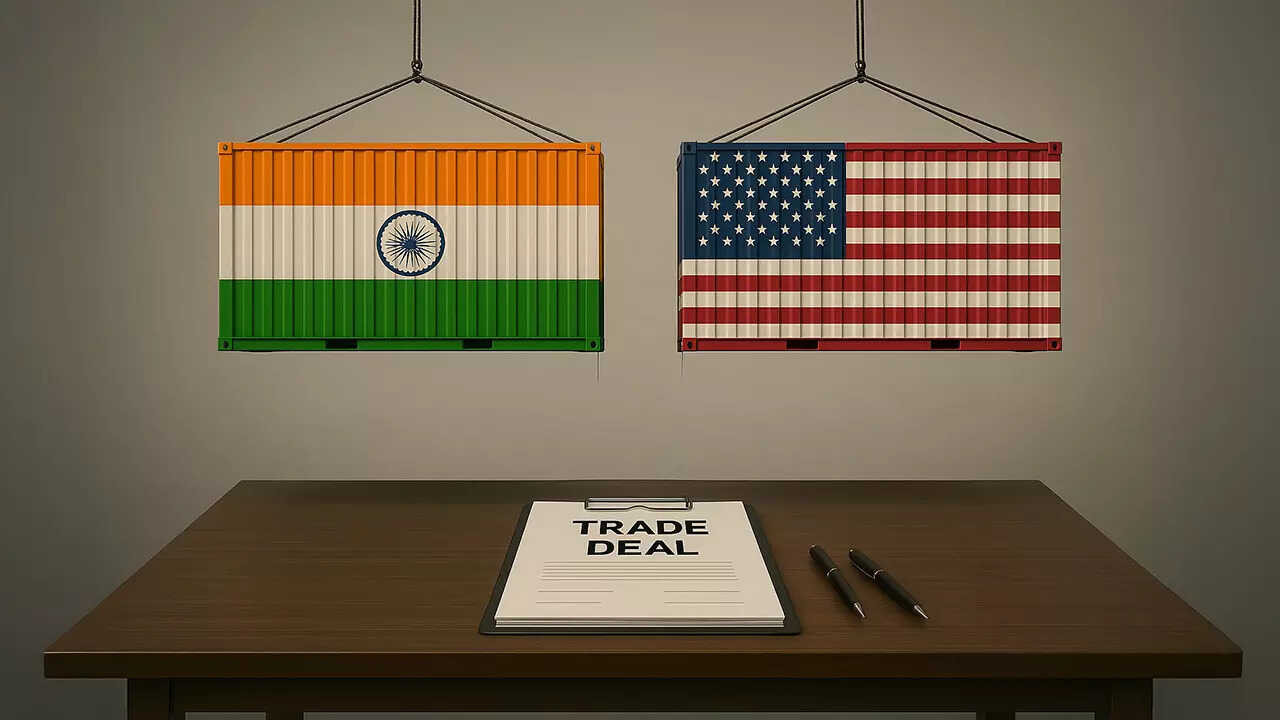Reliance Refineries Pivot: Why This Matters for India’s Energy Future
India’s energy landscape is a dynamic and ever-shifting puzzle. The latest piece to be placed? Reliance Industries, a behemoth in the Indian market, has reportedly ceased processing Russian crude oil at its export-focused refinery unit in Jamnagar. But what’s behind this decision, and how significant is it for India’s broader energy security and geopolitical positioning?
Jamnagar, home to the world’s largest refining complex, is strategically important to India’s energy infrastructure. Reliance operates two refineries there. One primarily serves the domestic market, while the other, the one in question, geared towards exporting refined petroleum products. This export focus is crucial, as it positions India as a key player in the global oil market, capable of meeting international demand. So, why the sudden shift away from Russian crude specifically for exports?
Decoding the Decision: More Than Meets the Eye
At first glance, the move might appear to be a direct response to international pressure or sanctions. However, the reality is likely far more nuanced. While Reliance has publicly committed to complying with all international sanctions and regulations, a deeper dive reveals a complex interplay of economic and strategic considerations.
One compelling factor is the evolving price dynamics of crude oil. While Russian crude was initially offered at significant discounts following the conflict in Ukraine, those discounts have gradually shrunk as Russia has found alternative markets and as global oil prices have stabilized. This narrowing price gap could make other sources of crude, particularly those that are sweeter and lighter, more economically attractive for Reliance’s export refining unit. These lighter crudes yield a higher proportion of gasoline and other higher-value products that are in high demand in global markets.

Another vital consideration is the growing scrutiny surrounding the origin of refined products. Increasingly, importing nations are demanding greater transparency regarding the source of the crude oil used in the refined products they purchase. This is particularly true for markets in Europe and North America, where there is strong political and consumer pressure to reduce reliance on Russian energy. By shifting away from Russian crude in its export-oriented refinery, Reliance can ensure its products retain access to these crucial markets.
Diversification and Future-Proofing
This pivot also highlights Reliance’s commitment to diversifying its crude oil sources. Relying heavily on a single source, regardless of the price, can expose a company to significant supply chain risks. Geopolitical instability, unexpected production disruptions, or changes in trade policies can all impact the availability and price of crude oil. By diversifying its sources, Reliance can mitigate these risks and ensure a more stable and predictable supply of feedstock for its refineries.
This isn’t just about short-term profits. It’s about building a resilient and sustainable energy business for the long term. Reliance has been steadily investing in renewable energy and exploring alternative fuels. A diversified crude oil sourcing strategy aligns perfectly with this broader vision of energy diversification and future-proofing. You might also want to read about how India is pushing for greener energy solutions [here](internal-link-to-related-article).
The Impact on India’s Energy Landscape
The decision by Reliance to curtail Russian crude processing at its export refinery has implications that ripple far beyond the company’s bottom line. It underscores India’s growing economic and geopolitical influence. India is demonstrating that it can navigate the complex global energy landscape while balancing its own economic interests with international norms and expectations.
While India continues to import Russian crude for its domestic refineries, the decision to reduce its use for exports is a clear signal that India is not simply a passive consumer of Russian energy. It’s actively managing its energy sources and adapting to changing market conditions. This strategic agility will be crucial as India continues to grow its economy and assert its position on the world stage.
A Calculated Move
Ultimately, Reliance’s decision to reduce Russian crude processing at its export refinery appears to be a calculated move driven by a combination of economic, strategic, and reputational considerations. It reflects a proactive approach to managing risks, diversifying supply chains, and ensuring access to key export markets. While the immediate impact on India’s energy security is likely to be minimal, the long-term implications could be significant, shaping the country’s role as a global energy player.







